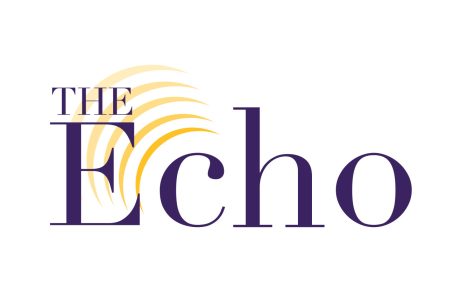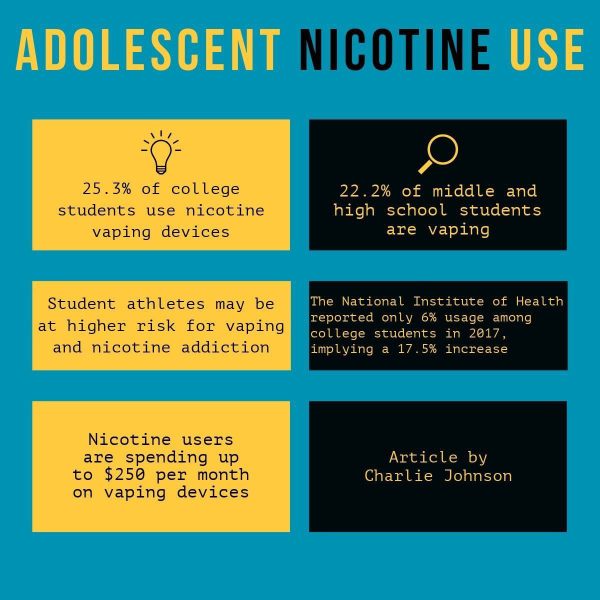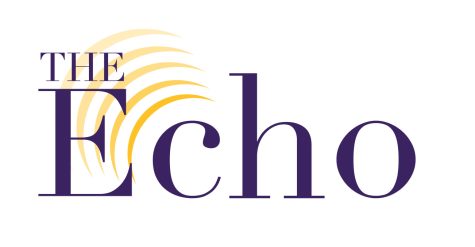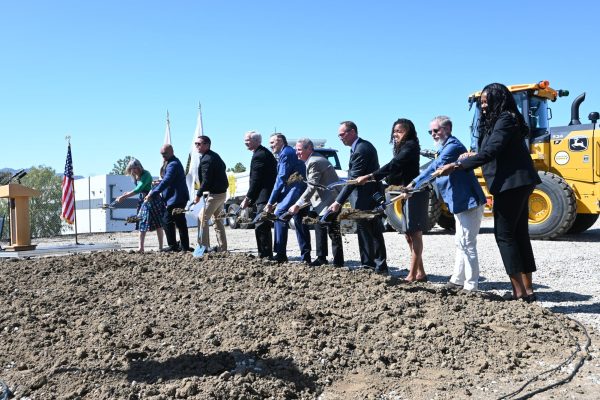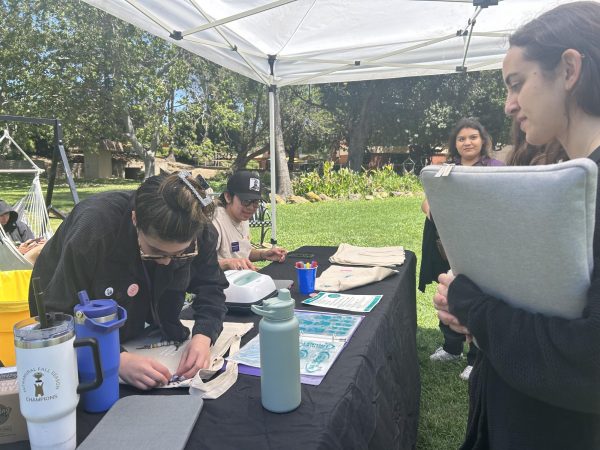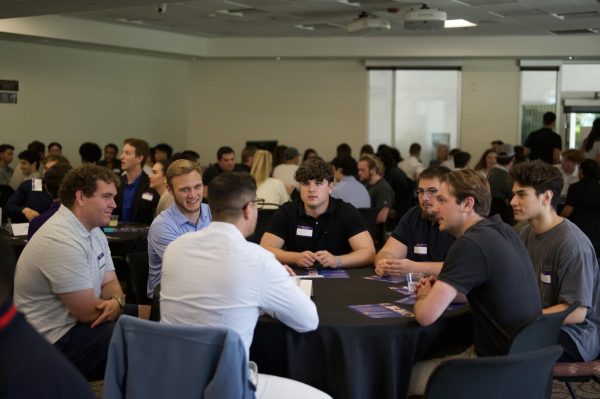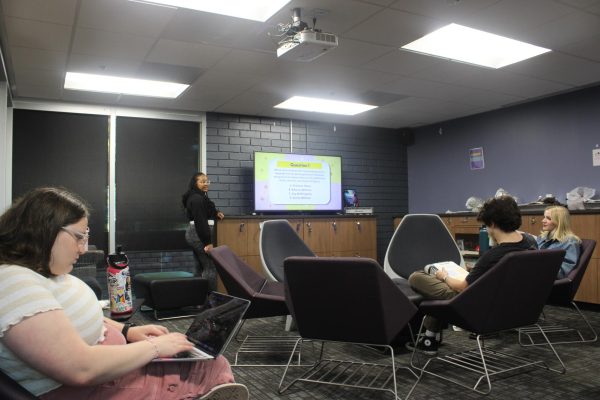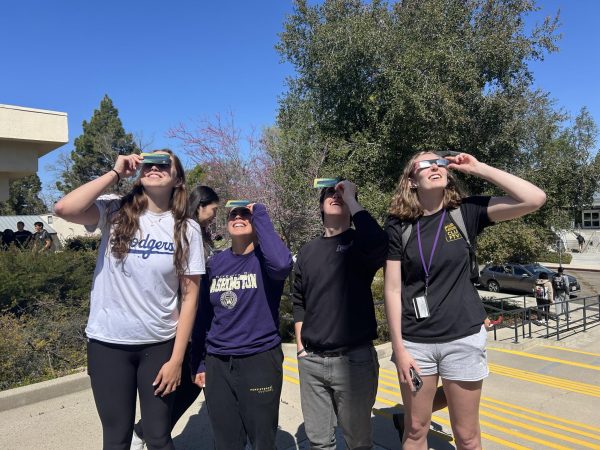Disability Support Services ‘have really come through’ while learning remotely
September 26, 2020
For some California Lutheran University students, Disability Support Services plays an integral role in their success. While many of the university’s services have moved online, DSS is still offering their full range of services adapted to fit the demands of remote learning.
Teketa Bellamy, a graduate student who receives support from DSS, said she found it very difficult to transition to being fully virtual, but DSS was available to help.
“The staff [has] been very supportive,” she said in a phone interview. “They have really come through for me.”
Bellamy, who has impaired vision, said the typical response time from DSS is no more than 24 hours and they have provided all the materials and software she may need.
In an email interview, Danika Elvine, testing coordinator for the office, said DSS is offering “Zoom proctoring for students with testing accommodations who still need an exam proctored,” as well as finding the best ways to serve each student as an individual.
Students who previously had one-on-one aid are still receiving help through Zoom appointments, phone calls and emails, said Elvine.
The DSS office is also working with students whose needs may have changed due to the new class format.
“A student may have a disability that impacts their ability to process information presented on a computer screen and now need a note taker, but when they are physically in the classroom, they are able to take their own lecture notes,” Elvin said.
Notetakers are typically other students registered for the same class who share their notes on “all classroom material — presented orally or printed — in legible written or typed format as objectively and organized as possible” with the student in need Elvine said. Their notes must be submitted within 24 hours after the class meeting time.
According to Elvine, notetaking “is one of the most commonly used accommodations,” however, it is more difficult to find volunteers for this service while learning remotely.
Offering solutions for inclusive teaching
One solution to fill the demand for note takers is creating a shared Google Document for each class which students contribute notes to on a regular basis, Elvine said.
This suggestion, among others, can be found in DSS’ Best Practices for Creating Inclusive Online Classes document created by the office and Gail Uellendahl, professor of Counselor Education in Cal Lutheran’s graduate program.
The best practices document was sent to faculty in both the undergraduate and graduate programs. Its suggestions are based in what Elvine called a “universal design within the structure of the course to meet the needs of many students, and not just those who have a disability.”
Universal Design for Learning is an education framework based on universal accessibility to minimize the need for special accommodations that need to be made.
In a Zoom interview, Uellendahl said she collaborated on this document to help professors find methods that best support their class as a whole.
“Everybody benefits when we have multiple methods of teaching,” Uellendahl said.
Uellendahl said some of the methods listed in the document include using breakout rooms on Zoom, playing games and student-led presentations as ways to break up the traditional lecture to engage students.
These alternative methods help “so it’s not just students staring at someone giving a lecture, which we all know is not good pedagogy,” Uellendahl said.
Expanding online resources
Elvine said DSS has expanded their use of Accommodate, a software program which allows faculty to see if they have any students requiring accommodations prior to beginning the course. Office staff also use the program to track student accommodations and students can use it as a portal to submit files.
“Especially in this virtual transition, consolidating the places DSS students need to submit forms and review information has been incredibly beneficial,” Elvine said.
In an email interview, Veronica Ramos, a DSS counselor, said DSS recently subscribed to a new service called Learning Ally. Ramos said this new audiobook resource for students with dyslexia and other learning disabilities is user friendly, easily accessible on most Wi-Fi-enabled devices and has a wide variety of college textbooks.
“We try to engage with individuals in a customized discussion to determine what accommodations they need in this virtual setting to receive equal access to the learning process,” Elvine said.



